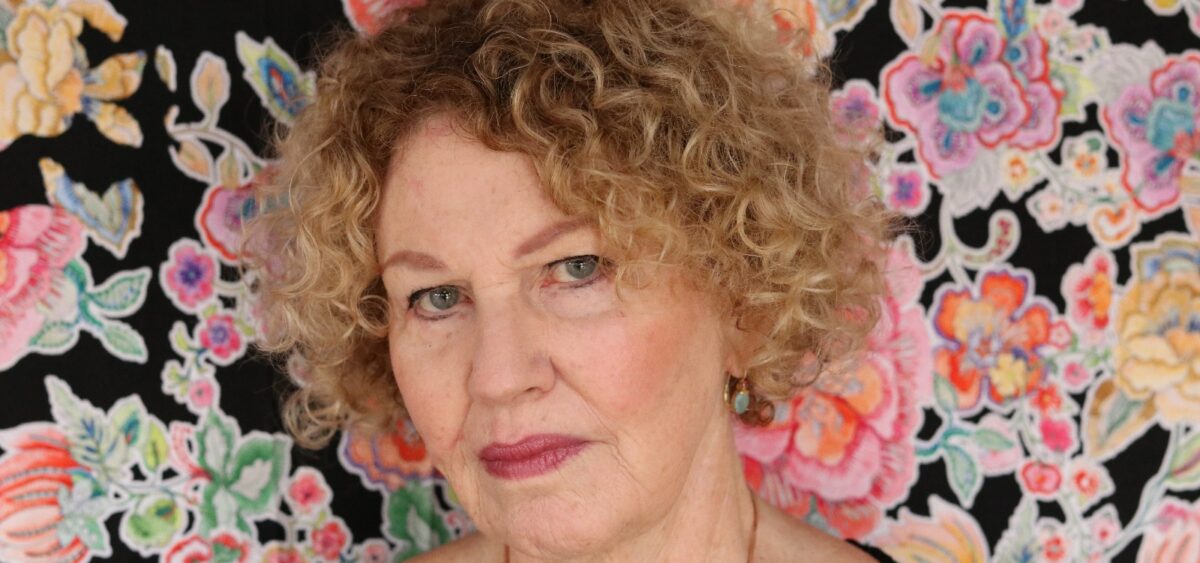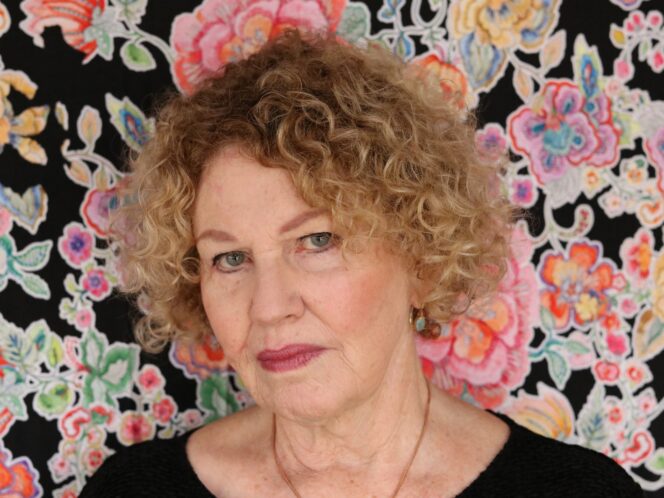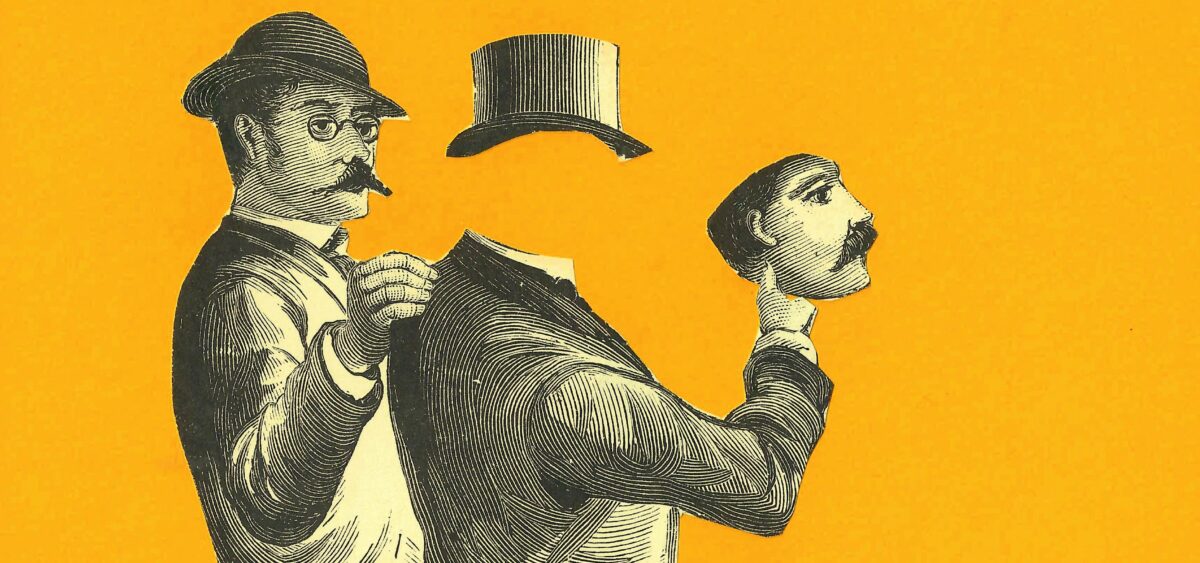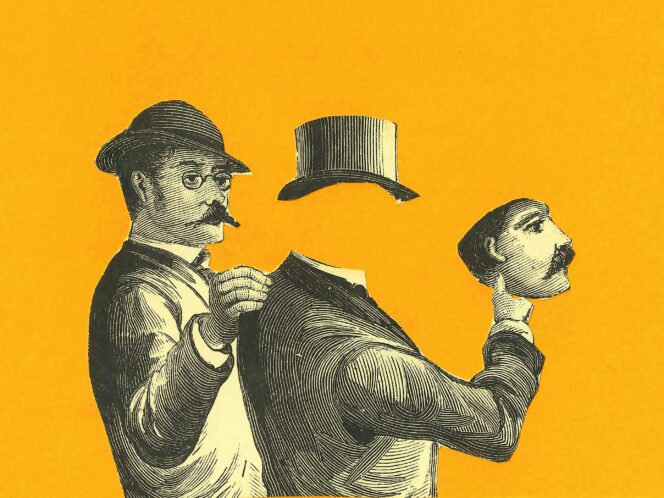
Paulina Małochleb: Can poets be asked about everything? In your poetry, there is clearly an ambition to explain the world – does poetry have that power?
Agi Mishol: Being 73 years old, I have gone through most of the phases of life and all of them co-exist in me. On top of this, I also possess what Olga Tokarczuk so beautifully defined as the most precious present nature can confer on one: imagination. Poetry as an idea inheres within the universe, and it pre-exists the separation into male and female or between individual poets, through whom it achieves expression. It is not different from music, the existence of which – although breathed through so many different instruments and human voices – predates all of them. As a human being who is also a woman, my voice can be designated as female.
My poetry, like that of all other genuine poets, gushes through and out of myself only. Every poet is a unique, non-reproducible medium. I am the only one who remembers the girl I was, and that girl is still there, in me. So are the teenager and the young woman I was. Artists hold on to the child in them, to the playfulness of that child, and to its ability to see everything in its primal form. They see what everybody else sees, but differently. The old woman I shall soon become also knocks at my door. My most recent collection of poems falls into three sections. The first of these, under the title “Life is Short even when it grows








